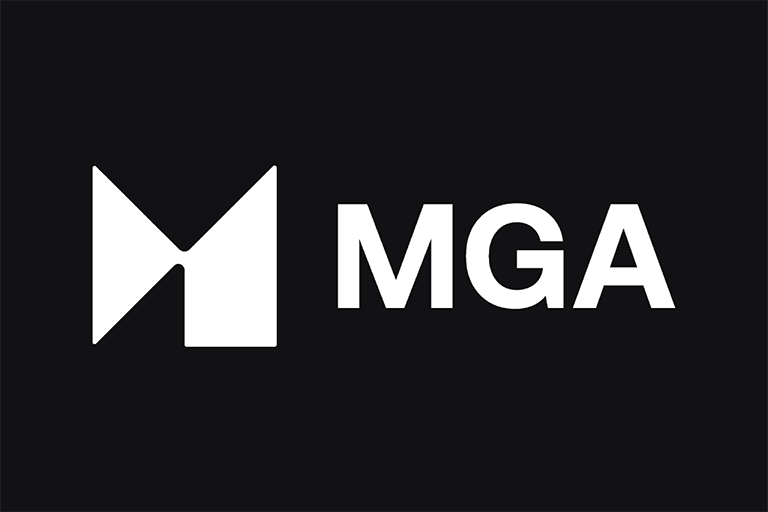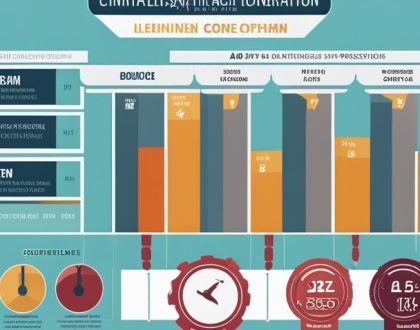MGA Issues New Guidelines for ADR Reporting

The Malta Gaming Authority (MGA) continues to uphold its commitment to transparency and accountability within the gaming industry. In its latest stride towards ensuring fairness and efficiency in dispute resolution, the MGA has unveiled a comprehensive guidance manual pertaining to the reporting of Alternative Dispute Resolution (ADR) proceedings. This manual, meticulously crafted, aims to furnish licensees with a lucid roadmap delineating the requisite obligations and protocols concerning the submission of monthly ADR reports via the Licensee Portal on the official website.
Understanding the Context
The genesis of this initiative lies in Part V of the ADR Directive (Directive 5 of 2018), which delineates the statutory framework governing dispute resolution mechanisms within the purview of the gaming sector. Under this regulatory framework, Business-to-Consumer (B2C) licensees are mandated to furnish the Authority with a detailed account of each dispute referred to the ADR entity, inclusive of the final resolution following adjudication by the ADR entity.
Key Highlights of the Guidance Manual
The guidance manual serves as a compendium of essential information for licensees, elucidating the procedural intricacies and compliance imperatives germane to ADR reporting. Noteworthy features of the manual include:
- Scope and Applicability: The manual delineates the scope of ADR reporting obligations, underscoring its applicability to all B2C licensees operating under the aegis of the MGA.
- Submission Protocol: Clear guidelines pertaining to the submission of ADR reports through the Licensee Portal are outlined, ensuring adherence to prescribed timelines and procedural requisites.
- Report Format and Contents: Licensees are furnished with a standardized report template titled “ADR Report,” accessible via the “Company Timeline” section on the Licensee Portal. This template encapsulates essential data fields necessitated for comprehensive reporting.
- Timeline Compliance: With the inaugural reporting deadline slated for June 20, 2024, licensees are reminded of the imperative to furnish reports encompassing disputes referred to approved ADR providers in the antecedent month.
Implications and Compliance Imperatives
The publication of this guidance manual heralds a paradigm shift in the regulatory landscape governing ADR reporting within the Maltese gaming sphere. Licensees are enjoined to embrace these guidelines as an integral facet of their compliance architecture, ensuring seamless adherence to regulatory mandates. Failure to comply with the prescribed reporting obligations may attract sanctions and regulatory scrutiny, thereby underscoring the exigency of meticulous compliance.
Enhancing Transparency and Accountability
By promulgating this comprehensive guidance manual, the MGA underscores its unwavering commitment to fostering a culture of transparency and accountability within the gaming ecosystem. The enhanced visibility afforded through structured ADR reporting mechanisms augurs well for stakeholders, bolstering trust and confidence in the regulatory framework.
Conclusion
In a landscape characterized by dynamic regulatory imperatives and evolving consumer expectations, the onus lies squarely on industry stakeholders to uphold the highest standards of regulatory compliance and ethical conduct. The MGA’s issuance of the guidance manual on ADR reporting serves as a clarion call to licensees, signaling the imperative to embrace transparency, accountability, and procedural rigor in dispute resolution practices. As the gaming landscape continues to evolve, adherence to regulatory mandates assumes paramount significance, ensuring a fair, equitable, and sustainable gaming environment for all stakeholders.
FAQs
What is the purpose of the new guidance manual issued by the Malta Gaming Authority?
The guidance manual aims to provide licensees with clear instructions and procedures for reporting Alternative Dispute Resolution (ADR) proceedings.
Who is required to adhere to the ADR reporting obligations outlined in the manual?
Business-to-Consumer (B2C) licensees operating under the purview of the Malta Gaming Authority are mandated to comply with the ADR reporting requirements.
What is the significance of the ADR Directive (Directive 5 of 2018) in relation to the reporting of ADR proceedings?
The ADR Directive provides the statutory framework governing dispute resolution mechanisms within the gaming sector and necessitates detailed reporting of disputes referred to ADR entities.
When is the deadline for the inaugural submission of ADR reports as per the new guidelines?
The deadline for the first submission of ADR reports is set for June 20, 2024, requiring licensees to report disputes referred to approved ADR providers in the previous month.
What are some key highlights of the guidance manual issued by the Malta Gaming Authority?
The manual elucidates the scope of ADR reporting obligations, submission protocols, standardized report formats, and compliance timelines.
What are the potential implications of non-compliance with the ADR reporting requirements?
Non-compliance may result in sanctions and regulatory scrutiny, underscoring the necessity for meticulous adherence to reporting obligations.
How does structured ADR reporting enhance transparency and accountability in the gaming industry?
Structured ADR reporting mechanisms bolster visibility, trust, and confidence in the regulatory framework, fostering a culture of transparency and accountability among stakeholders.
Why is regulatory compliance imperative for industry stakeholders in the gaming sector?
Regulatory compliance ensures adherence to prescribed standards, ethical conduct, and a fair, equitable gaming environment conducive to sustainable growth and consumer trust.
What message does the issuance of the guidance manual convey to industry stakeholders?
The issuance of the guidance manual underscores the imperative for licensees to embrace transparency, accountability, and procedural rigor in dispute resolution practices, aligning with evolving regulatory imperatives.
How can industry stakeholders navigate the evolving regulatory landscape in the gaming sector?
Stakeholders can navigate the regulatory landscape by staying abreast of regulatory updates, fostering a culture of compliance, and leveraging resources provided by regulatory authorities such as the Malta Gaming Authority.
Esther
I am a professional writer with 8 years of experience in this field and I can provide you with the best-written content you can find. Education B.A. - English, George Washington University, United States, Graduated 2011.
Recommended Posts

Artificial Intelligence in Online Gambling
June 28, 2024

Understanding Licensing and Regulation
June 28, 2024

Blockchain Transforms Fairness in Online Gambling
June 28, 2024


